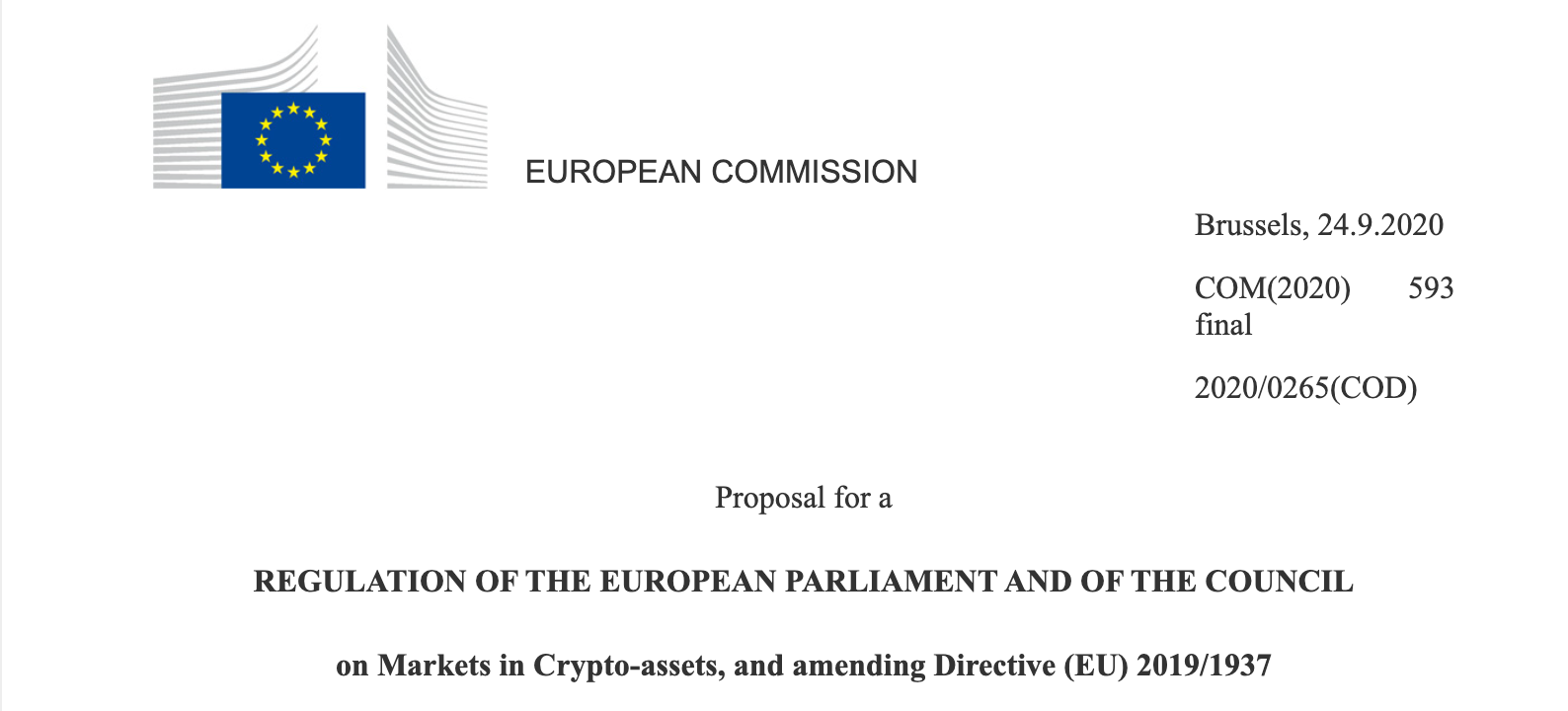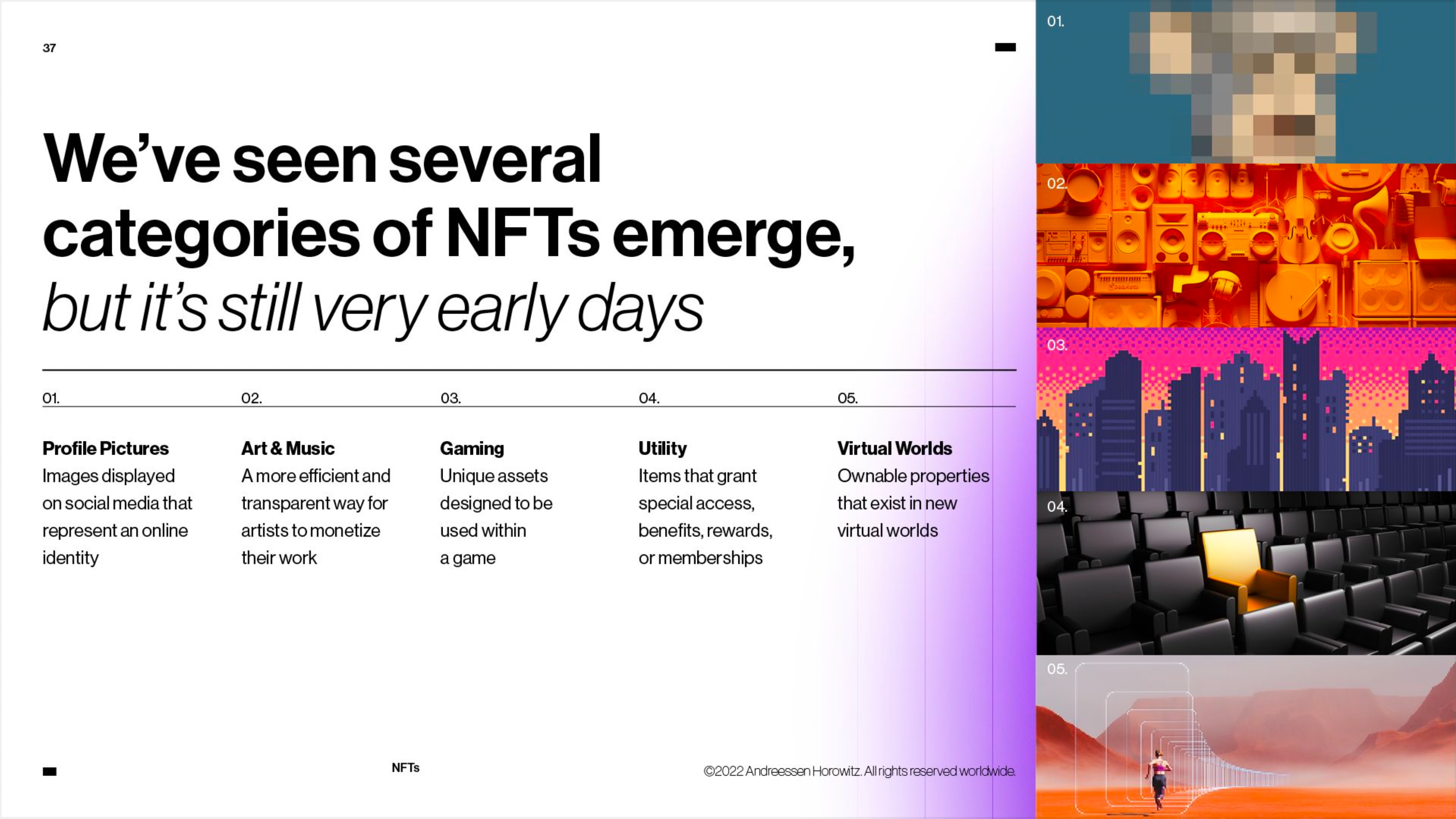According to a document seen by CoinDesk, there may be significant new developments in the European Union’s efforts to regulate NFT assets, which weren’t under so much scrutiny until now.

Prior to France’s newly drafted document buckling down on NFT regulation, only secondary markets referred to as ‘Crypto-Assets Service Providers’ (CASPs) would have been forced to comply under the EU Commission ‘Markets in Crypto-Assets’ (MiCA) rules by registering and acquiring a license. These CASPs include the NFT marketplaces we all know and use for trading such as Opensea, LooksRare and Magic Eden.
However, it currently looks like every “NFT issuer would have to be a legal person” rather than a decentralized entity – which would mean to register and comply with other consumer-protection measures set out in the law.

If these laws come to pass, the constant innovation we are currently witnessing could be severely impacted; businesses and creators may be dissuaded from developing or even experimenting with NFT assets. On the other hand, maybe regulation is the protection crypto-asset holders have been needing, because there is no denying that the space is rife with bad actors.
Therefore a couple of burning questions remain: despite lawmakers’ intentions to fight against money laundering schemes and scams, does this type of regulation represent a step backwards? Does this proposed legal framework contradict the ethos of Web3 or will it empower participants to better focus on the growth of the network?


